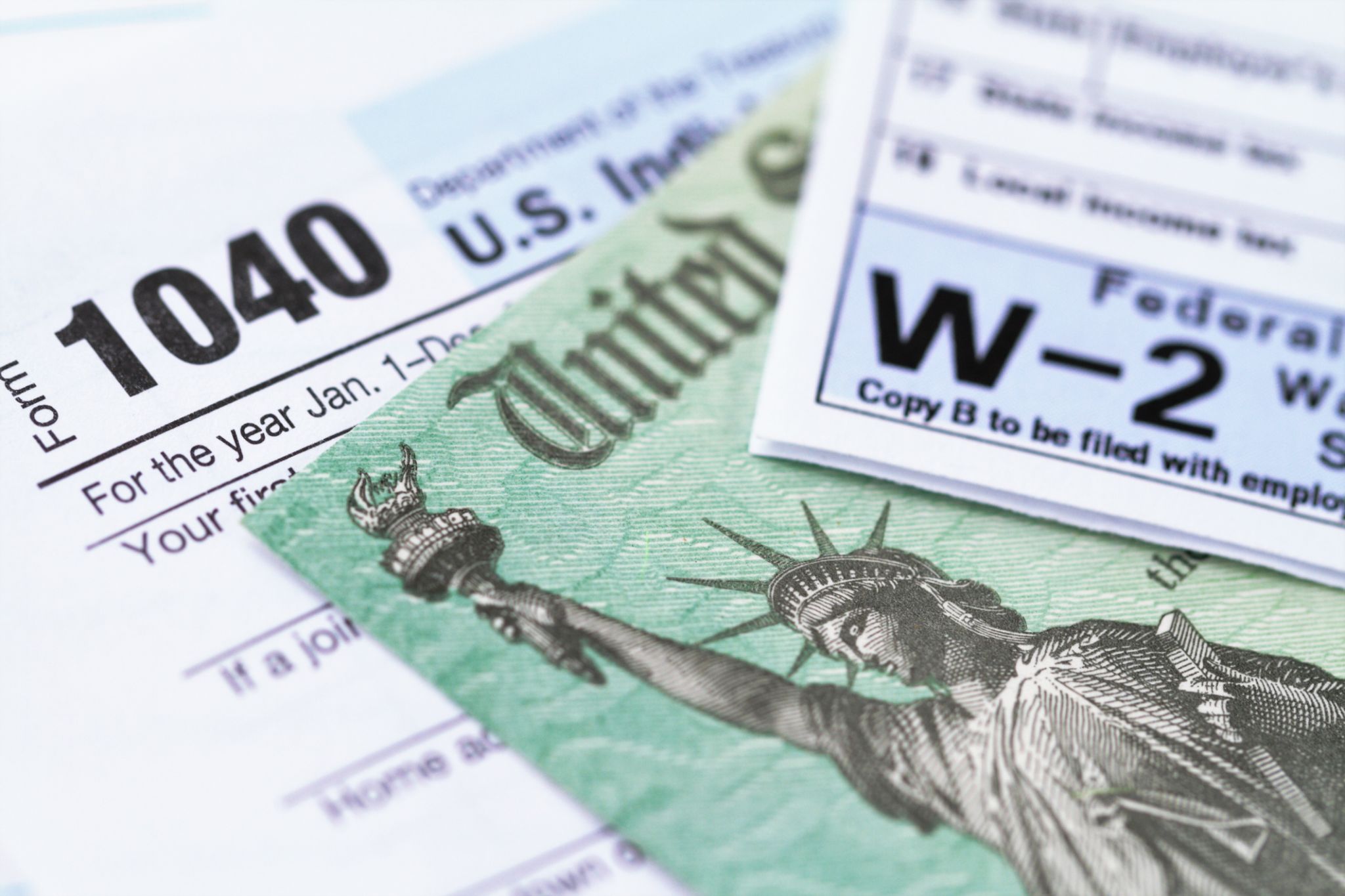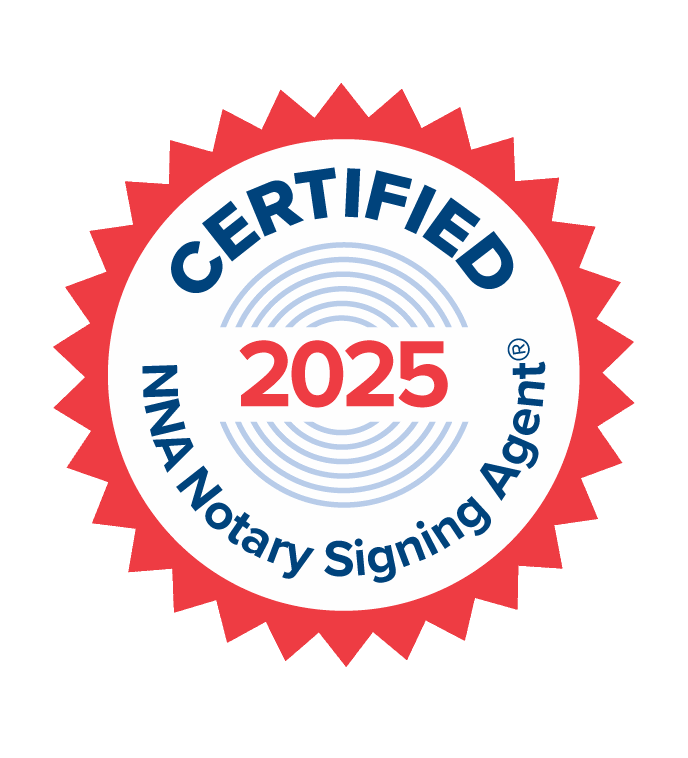Expert Tips: Avoiding Common Mistakes in Document Notarization
Understanding the Importance of Document Notarization
Document notarization plays a crucial role in ensuring the authenticity and integrity of important documents. It involves a notary public witnessing the signing of a document and verifying the identities of the signatories. This process helps prevent fraud and provides an additional layer of trust for the parties involved. However, despite its importance, there are common mistakes that people often make during notarization.

Choosing the Right Notary Public
One of the first steps in avoiding notarization mistakes is selecting the right notary public. It is essential to ensure that the notary you choose is licensed and has a good reputation. A licensed notary public will be familiar with the legal requirements and can guide you through the process effectively. Additionally, check their availability and flexibility to accommodate your schedule, as timing can often be a crucial factor.
Before proceeding, make sure to clarify any fees involved. Some notaries charge for their services, while others may offer free notarization depending on the nature of the document. Understanding these costs upfront can prevent any surprises later on.
Preparing Your Documents Properly
Proper preparation of documents is key to a smooth notarization process. Ensure that all necessary fields are completed and that there are no blank spaces that could be altered after notarization. Double-check that all parties involved have provided accurate information and that the document is free from errors and omissions.

Moreover, remember that original documents are required for notarization. Photocopies are generally not accepted unless you are certifying true copies. Having the correct documents in hand will save you time and hassle.
Understanding Identification Requirements
Identification is a critical part of the notarization process. Notaries require valid identification to verify the identities of all signatories. It is important to bring an acceptable form of ID, such as a driver's license or passport, to the appointment. Each state or jurisdiction might have specific ID requirements, so it's beneficial to verify what is needed beforehand.

If a signatory does not have valid identification, certain alternatives might be available, such as using credible witnesses who can vouch for the person's identity. Understanding these options can prevent delays or complications during notarization.
Avoiding Last-Minute Changes
Last-minute changes can often lead to errors in notarization. Before meeting with the notary, ensure that all parties have reviewed the document thoroughly and agree to its terms. Making changes after notarization can complicate matters and may require redoing the entire process.
If changes are unavoidable, communicate them clearly to the notary and ensure they understand what needs to be adjusted. This proactive approach helps maintain accuracy and efficiency.
Keeping Track of Notarized Documents
Once a document is notarized, it's important to keep a secure record of it. Notarized documents often serve as critical records for legal and personal affairs, so storing them safely is crucial. Consider using a safe or secure digital storage solution to protect these documents from damage or loss.

Additionally, if you require multiple copies of a notarized document, inquire about obtaining certified copies from the notary public at the time of notarization. This can save you from needing to repeat the process later.
Conclusion
Avoiding common mistakes in document notarization requires preparation, attention to detail, and choosing the right professional for the task. By following these expert tips, you can ensure a seamless and error-free notarization process, providing peace of mind and legal assurance for all parties involved.
